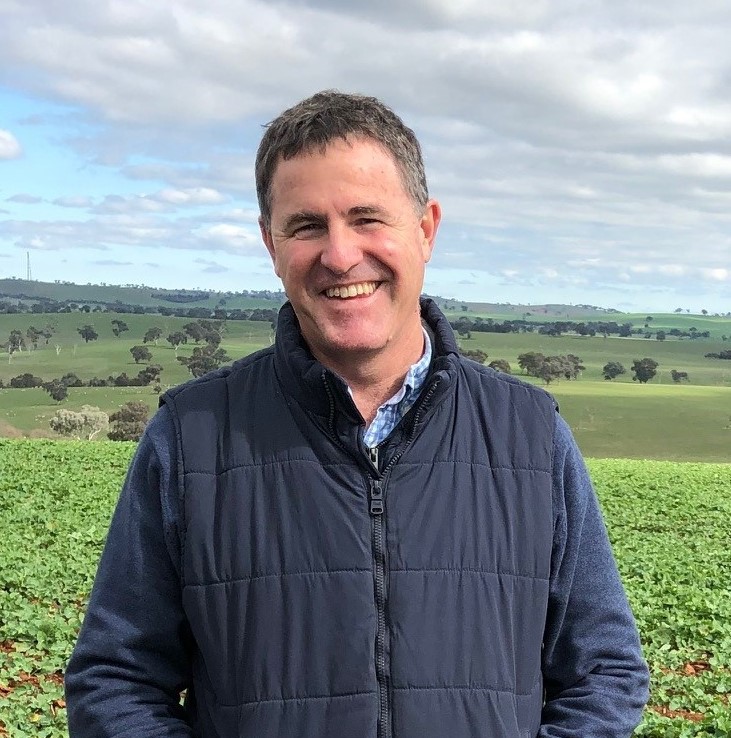Inaugural board appointed to leadcharge on Zero Net Emissions from Agriculture
Australia’s largest Cooperative Research Centre will be overseen by a diverse Board of Directors with decades of experience.
The Zero Net Emissions Agriculture Cooperative Research Centre (ZNE-Ag CRC) has announced the establishment of the inaugural Board of Directors
The ZNE-Ag CRC is an initiative brokered by The University of Queensland and Queensland Department of Agriculture and Fisheries and involves consortium of 74 partners across industry, education and government.
Establishment of the inaugural board follows a rigorous process to identifyexperienced and qualified industry experts to lead the CRC.
CRC partners this week voted to elect four new directors who will join three directors continuing from the establishment committee.
Chair and founding director, Dr Deb Cousins said she is thrilled with the breadth of experience on the Board.
“Each member is an exceptionally accomplished individual and expert in their field. We have representation from the family farm right through to internationally recognised experts in the global agribusiness and technology sectors.
“Each member brings a unique perspective, knowledge and experience to the table. Together, with our many partners, we will take on the challenge ahead of us, ensuring that our industry grows while simultaneously achieving emissions targets.” Dr Cousins said.
ZNE-Ag CRC aims to catalyse industry, community, and government action to achieve Zero Net Emissions from agriculture from 2040, and below zero net emissions by 2050. The Board is tasked with overseeing the strategic direction and performance of ZNE-Ag CRC to harness the extraordinary capacity in research and innovation within the ZNE-Ag CRC partners.
Elected to the Board of Directors is:
- Dr Nicholas (Nick) Austin
- Dr Kathleen (Kat) Giles
- Ms Melinee Leather
- Mr Christopher (Chris) Murphy
The newly elected Directors will join continuing Directors from the Establishment Committee:
- Dr Debra (Deb) Cousins – Chair
- Mr Anthony (Tony) Lee
- Ms Tresslyn (Tress) Walmsley
Dr Cousins said the appointments of the new members expand on the experience of the founding members and signal the imminent commencement of the CRC operations from 1 July 2024.
“Dr Austin is a globally recognised expert in agriculture and natural resources with extensive experience accelerating technology translation through his input on high-profile boards.
“Dr Giles, a veterinarian and respected leader in agriculture, brings with her a wealth of experience working in collaborative research environments, as well as red meat production, supply chain and broadacre cropping.
“Melinee Leather runs a progressive, family-owned beef cattle operation in Central Queensland. Focussed on ongoing research and development across sustainability, global food security and climate action, Melinee’s experience will be a valued asset to the board.
“Chris Murphy is a respected advisor, specialising in commercial agribusiness. His expertise in the dairy, meat and livestock, forestry, grains and horticulture industries across Australia, New Zealand, the United Kingdom will be a great contribution.” Dr Cousins said.
Board members are based across Australia and will convene for the first time next month.
Full bios on all board members can be found at
https://zneagcrc.com.au/ourboard-of-directors/
Media Contact: Rachel Buchanan 0422 852 578



